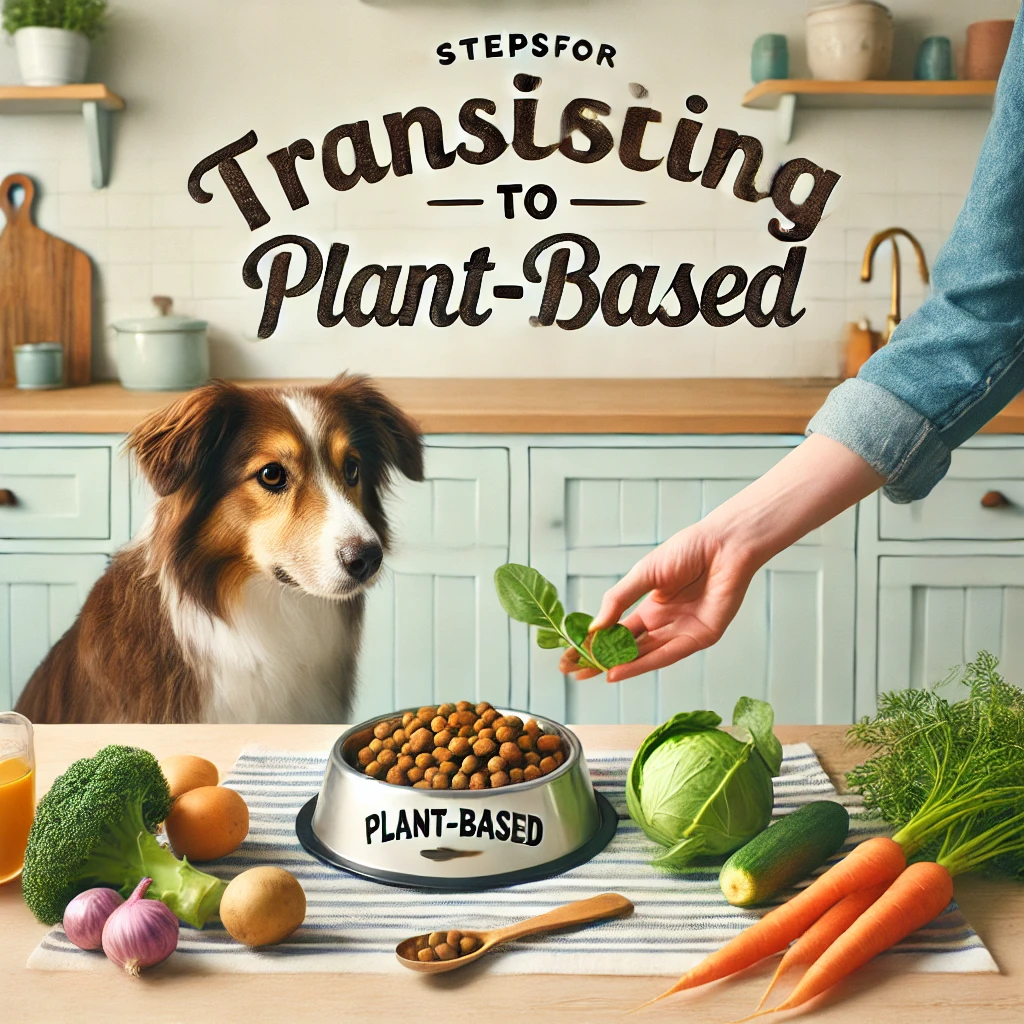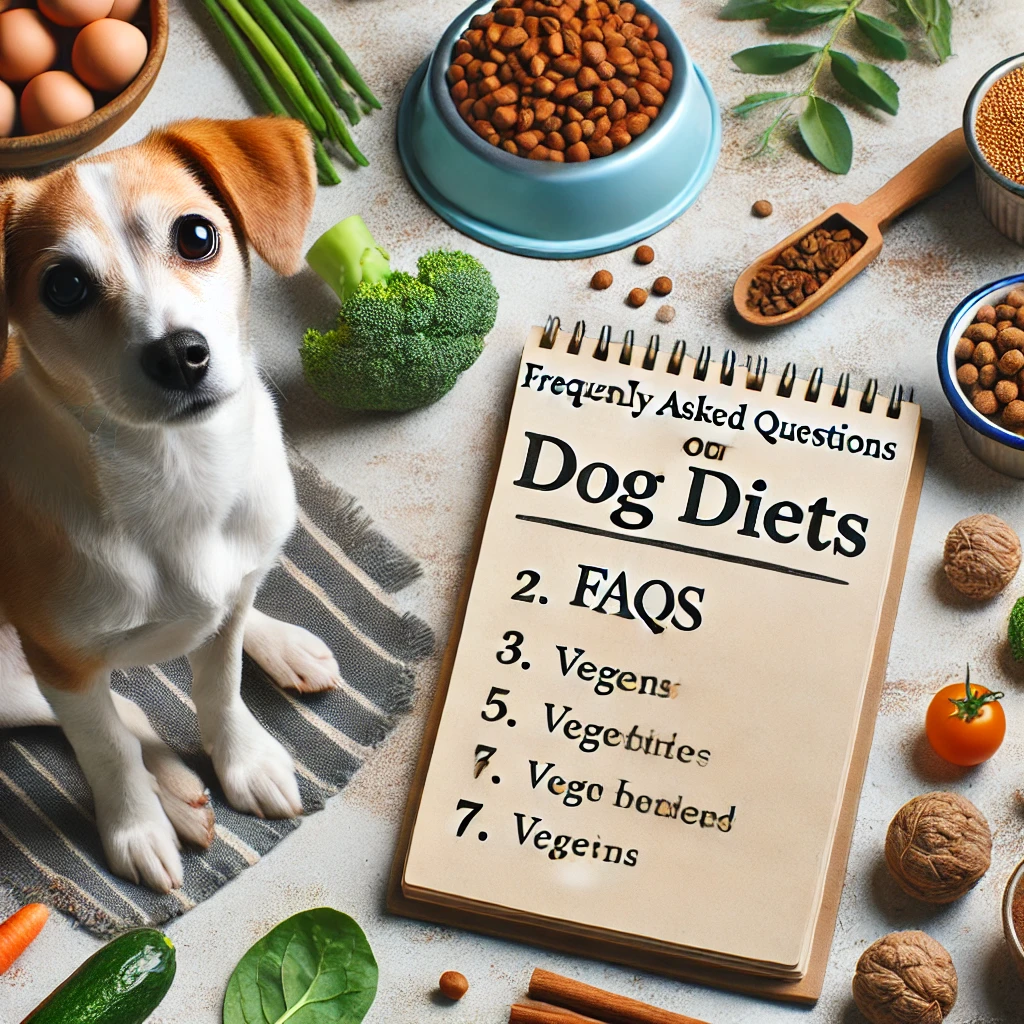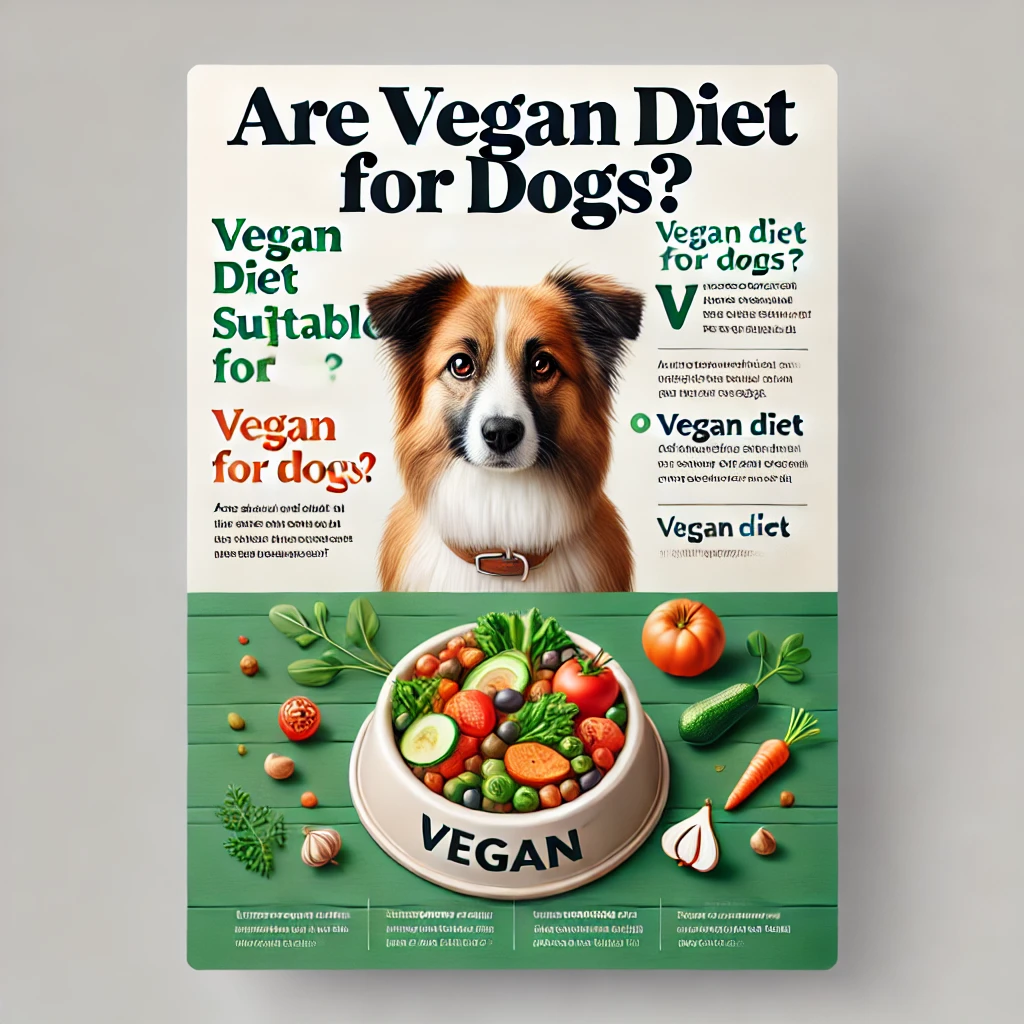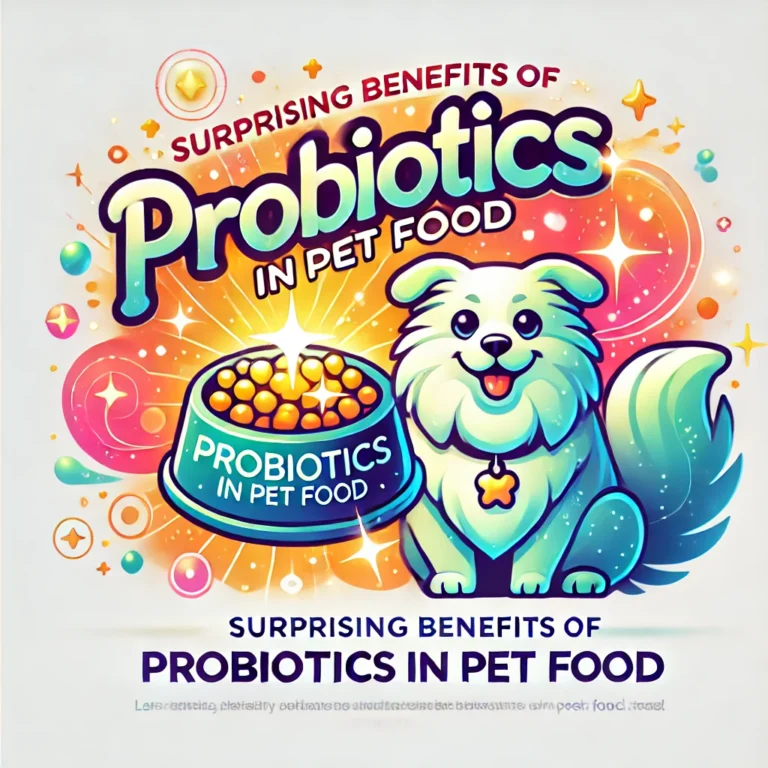Are Vegan Diets for Dogs Safe and Suitable? Essential Guide for Pet Owners
Introduction: Exploring Vegan Diets for Dogs
With the rise of plant-based diets, many pet owners are curious if vegan diets could be suitable for dogs. This article dives into the details, exploring whether a plant-based diet can fulfill all of a dog’s nutritional needs, the benefits and risks involved, and how to make an informed decision.
Understanding Key Nutritional Needs for Dogs
Critical Nutrients in Plant-Based Dog Diets
For dogs, protein, vitamins, and minerals are essential. In plant-based diets, nutrients need to be balanced carefully to ensure optimal health, with ingredients like legumes and grains playing a major role in providing protein.
Alternative Protein Sources for Dogs
In vegan dog diets, proteins from lentils, chickpeas, and quinoa are used instead of animal-based proteins. Ensuring a balanced amino acid profile is vital for health and wellbeing.
Benefits of a Plant-Based Diet for Certain Dogs
Helping Dogs with Allergies and Sensitivities
Some dogs with allergies to animal proteins may benefit from plant-based diets, which are often hypoallergenic and offer relief from specific sensitivities.
Environmental and Ethical Considerations
Vegan diets align with certain ethical values, supporting a reduced environmental footprint and helping owners make choices that align with their personal beliefs.
Challenges of Adapting Dogs to Plant-Based Diets
Potential Nutritional Gaps to Watch
Nutrients like taurine, vitamin B12, and omega-3 fatty acids are often found in animal products and may need to be supplemented to ensure balanced nutrition.
Palatability and Digestibility
Dogs may find plant-based proteins less appealing and digestible compared to meat-based proteins, impacting their enthusiasm for meals and overall digestion.
Steps for Transitioning Dogs to a Plant-Based Diet

Consulting with Your Veterinarian
Seeking advice from a veterinarian ensures that a dog’s dietary needs are met, with guidance on necessary supplements and best practices.
Introducing Plant-Based Foods Gradually
Gradual introduction of plant-based foods can prevent digestive upset, helping dogs adjust to the new diet smoothly over time.
Common Ingredients in Plant-Based Dog Diets
Legumes and Grains
Legumes and grains, such as quinoa, serve as primary protein sources, contributing essential nutrients and supporting a balanced diet.
Nutrient-Dense Vegetables
Vegetables like carrots, spinach, and sweet potatoes add valuable vitamins and minerals, supporting overall health and wellness.
Frequently Asked Questions about Vegan Dog Diets

Can dogs get enough protein from a plant-based diet?
With careful planning, dogs can meet protein needs through plant-based sources, as long as amino acids are balanced properly.
Do vegan dog diets require supplements?
Yes, certain nutrients like taurine, vitamin B12, and omega-3s often need to be supplemented in plant-based diets.
Is a vegan diet suitable for all dog breeds?
While some breeds adapt well, others may have specific nutritional needs. Veterinary advice is recommended.
Conclusion: Making Informed Choices for Dog Health
While a plant-based diet may be an option for some dogs, it’s essential to prioritize balanced nutrition and regular veterinary oversight. With careful planning, plant-based diets can be viable, supporting health and aligning with ethical values.





